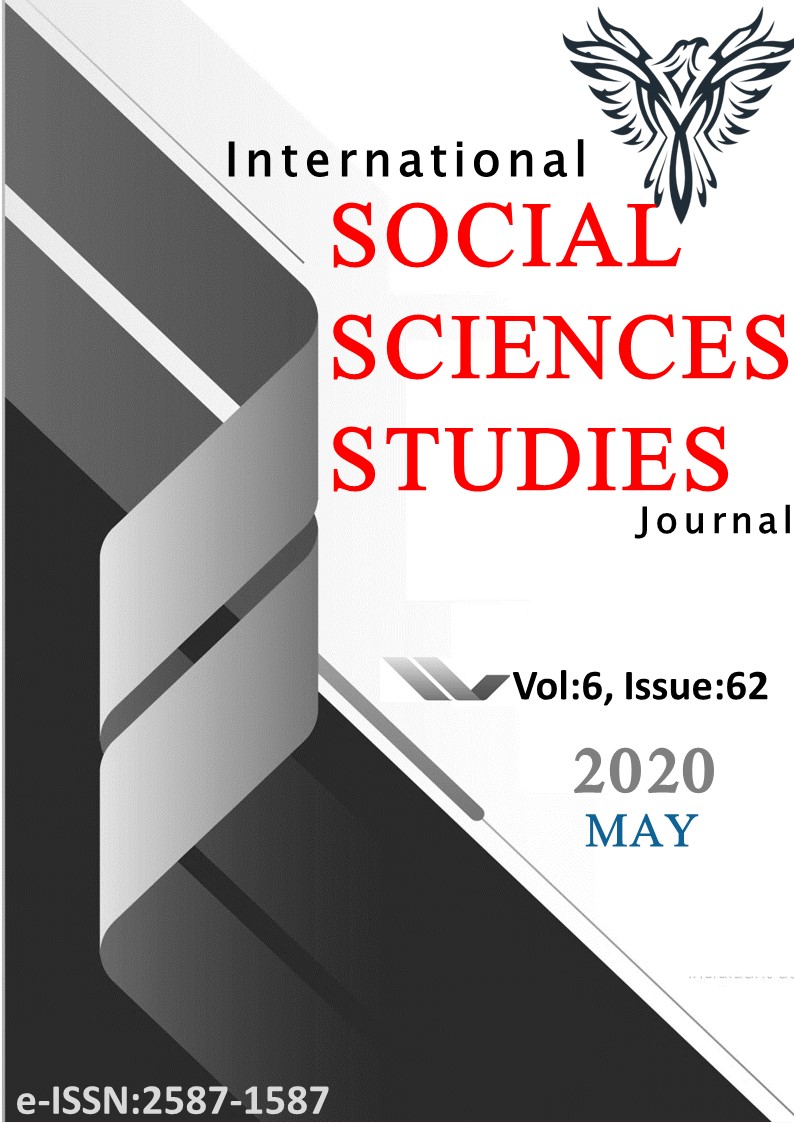Kronik Böbrek Yetmezliği Tanısı Alan Diyabetik veya Hipertansif Hastalara Hemşire Tarafından Verilen Eğitimin Bazı Parametrelere ve Yaşam Kalitesine Etkisi
Author :
Abstract
Amaç: Bu araştırma, kronik böbrek yetmezliği (KBY) tanısı alan diyabetik veya hipertansif hastalara hemşire tarafından verilen eğitimin bazı parametrelere ve yaşam kalitesine etkisini belirlemek amacıyla yarı deneysel olarak yapıldı. Gereç ve yöntem: Örneklem sayısı güç analizi ile hesaplanarak belirlendi ve çalışma kriterlerine uygun olan hastalar müdahale (30) ve kontrol (30) grubuna ayrıldı. Araştırmanın verileri soru formu ve Kidney Disease Quality Of Life SF-36 (KDQOL-36) ölçeği ile toplandı. KDQOL beş alt boyut içermektedir. Her boyutta puanlar 0 ve 100 arasında değişmektedir. Yüksek puan yaşam kalitesinin yükseldiğini göstermektedir. Çalışmanın başlangıcında ve sonunda her iki gruba soru formu ve KDQOL uygulandı. Müdahale grubundaki hastalara eğitim kitapçığı temel alınarak eğitim verildi. Ayrıca hastalar telefon ile aranarak sonuçları hakkında bilgilendirildi ve eğitimin tekrarı sağlandı. Kontrol grubuna ise, kliniğin rutini dışında herhangi bir uygulama yapılmadı. Sonuç: Eğitim sonrası kan parametreleri açısından kalsiyum dışında her iki grup arasında anlamlı bir fark olmadığı belirlendi. Ancak eğitim sonrasında müdahale grubunun yaşam kalitesi tüm alt boyut puan ortalamalarının yükseldiği (p<0.05), kontrol grubunda ise semptom alt boyutu dışında tüm alt boyut puan ortalamalarının düştüğü görüldü. Araştırmadan elde edilen bu sonuçlar doğrultusunda, diyabetik veya hipertansif KBY hastalarına eğitim verilerek yaşam kalitelerinin yükseltilmesi ve uzun süreli takiplerle klinik göstergelerinin değerlendirilmesi önerilebilir.
Keywords
Abstract
Objective: This research was done in a quasi-experimental way to determine influence of training provided by the nurse on some parameters and quality of the life for diabetic and hypertensive patients diagnosed with chronic kidney failure (CKF). Methods: The patients appropriate for criteria to study were divided as the intervention group (30) and control group (30). Data of the research was obtained through a question form and the scale of Kidney Disease Quality Of Life SF-36 (KDQOL-36) (Points vary between 0 and 100 for each dimension). High points mean improving of quality of life. The question form and KDQOL were employed for both of the groups at the beginning and end of study. The patients in the intervention group were trained based on the booklet for training. Also, the training was provided again by informing the patients about the results through phone calls. Results: After the training, except for calcium, no significant difference was determined between the groups in terms of blood parameters. However, after the training, the mean scores of all quality of life subscales increased in the intervention group (p<0.05); whereas, the mean scores of all the subscales except for the symptom subscale decreased in the control group. Conclusion: It was determined that the education given to individuals with CKF, increased the quality of life. Practice Implications: Based on results of the research, it can be recommended that quality of life diabetic and hypertensive patients diagnosed with CKF can be improved by providing training for them and their clinical indicators can be evaluated through long term follows.





